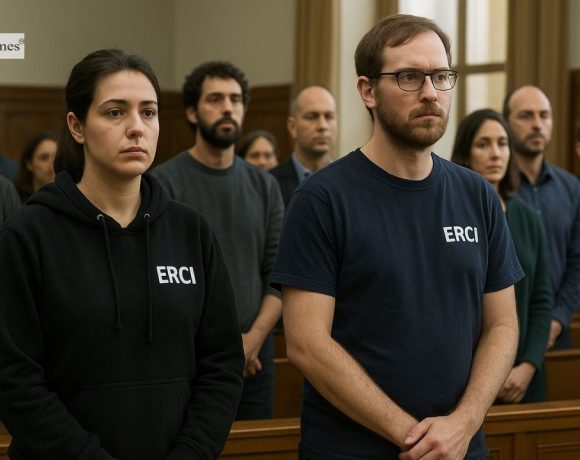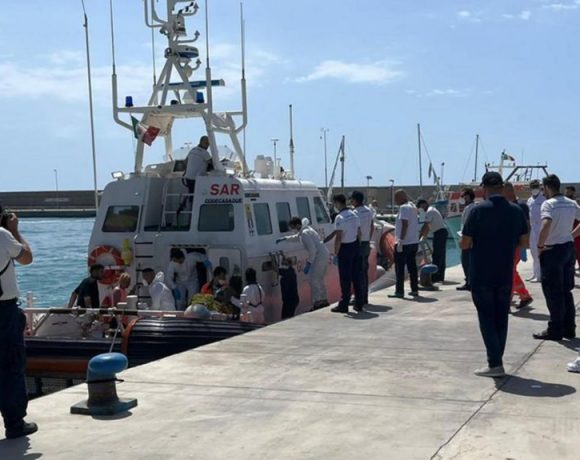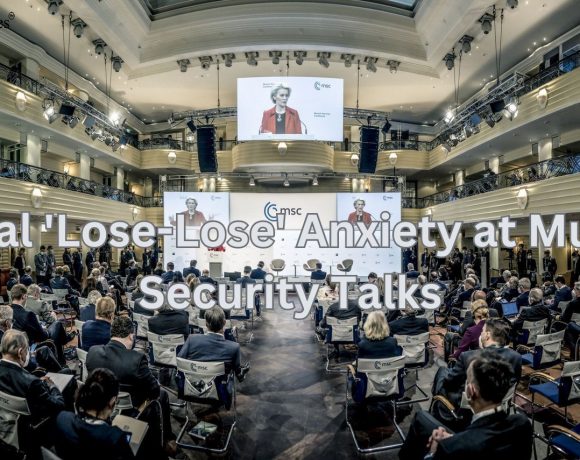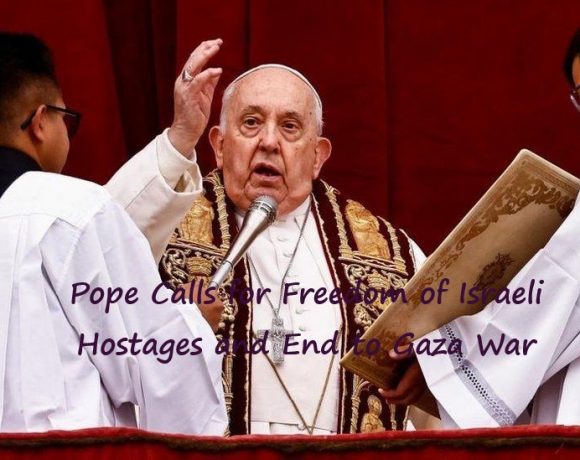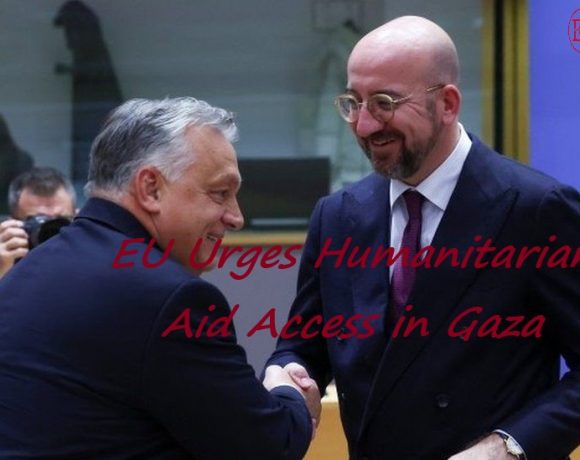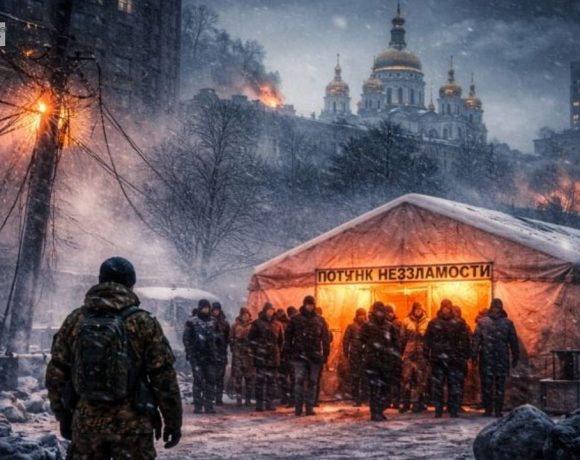
Ukraine has declared a state of emergency in its energy sector, particularly targeting Kyiv, as ongoing Russian attacks continue to leave thousands of residents without power amid harsh winter conditions. Overnight temperatures in the capital recently dropped to around -20°C, exacerbating the humanitarian impact of missile and drone strikes that disrupted electricity, heating, and water supplies. President Volodymyr Zelensky accused Moscow of deliberately exploiting the severe cold as part of its war strategy.
Following a special cabinet meeting, Zelensky announced the creation of a 24/7 task force to repair energy infrastructure and procure essential equipment from abroad. Emergency help points are being expanded across Kyiv to provide heat and power to residents, with a possible easing of the midnight curfew. The First Deputy Prime Minister and Minister of Energy has been tasked with overseeing these emergency operations.
Russian attacks on energy systems have also affected south-eastern Ukraine, leaving over one million people without heating and water at times. Ukraine’s largest private energy provider, DTEK, reports constant strain from repeated waves of drone, cruise, and ballistic missile attacks, struggling to maintain power for 5.6 million Ukrainians as the fourth anniversary of Russia’s full-scale invasion approaches.
Pic courtesy: google/ images are subject to copyright

